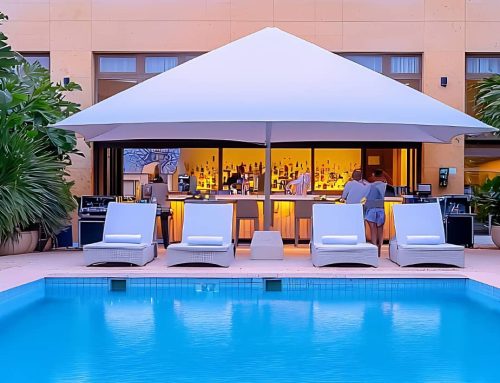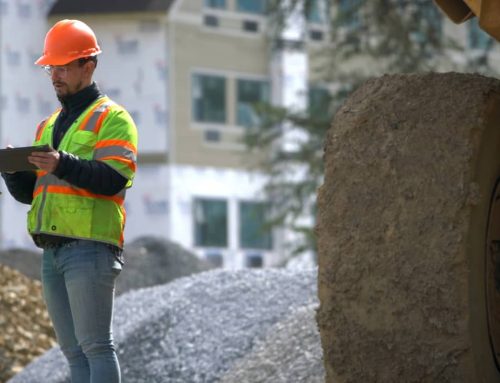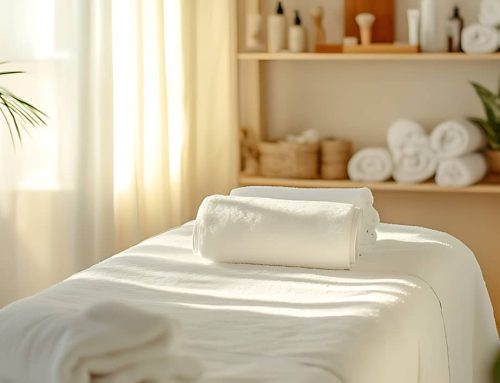The hotel industry is highly competitive, and properties need to stay up-to-date to ensure that guests have a comfortable and memorable experience during their stay. When a hotel starts to show signs of neglect, it can lead to a decrease in bookings and revenue. Explore some of the top signs that your hotel may need renovations.
Guest Complaints or Poor Online Reviews
Guest complaints are a clear indicator that renovations are needed. Frequent complaints about outdated furniture and amenities, dingy smells, or outdated technology can be a sign that it is time for a renovation. Online reviews can heavily influence a hotel’s reputation and influence potential guests’ booking decisions. A significant number of negative reviews that mention issues such as worn-out carpet, leaky faucets, or lack of cleanliness would be another indication that renovations are necessary. Guest complaints and poor reviews can lead to a decrease in occupancy rates. A decrease in occupancy rates could be a sign that renovations may are needed.
Outdated, Neglected, or Damaged Furniture and Decor
Nobody wants to stay in a hotel room that has dirty, stained, or damaged furniture and decor. A hotel’s furniture and decor is one of the essential aspects of an enjoyable stay. If a hotel’s furniture is damaged or decor is dingy, tacky, and looks unsanitary, it can give guests a disappointing experience. The same goes for carpeting. All flooring should be clean and in good condition for guests, but over time, the flooring gets worn out, collects various stains, and starts to look dingy. Stale or dingy smells in a hotel are serious turn-offs to guests and can be a sign of old, unclean rooms and a sense of neglect about the property’s condition. Air fresheners and added scents simply cannot cover up the unpleasant odors. While it may not seem like a big issue to fix, it can be a huge factor in the overall quality of a guest’s experience in your hotel.
Poor Facility Maintenance
Frequent breakdowns of facilities such as air conditioning units, elevators, plumbing, and water heaters, are an indication that a hotel needs renovations. Proper facility upkeep is a significant part of ensuring guests’ comfort and satisfaction. Rooms with leaky faucets are annoying to guests, and they’re also wasteful to your water bill. Inefficient plumbing should be repaired sooner rather than later. A clean, working bathroom is a big part of a hotel room’s overall comfort, so it should be in excellent condition. Poor water maintenance can also lead to mold. Mold is not only unsightly, but it is also a health hazard for hotel employees and guests. Installing new faucet aerators, low-flow showerheads, and dual-flush toilets can all save you money in the long run, too.
If your hotel feels too hot in the summer and too cold in the winter, you’re bound to have an inefficient HVAC system and unhappy guests. Newer updated systems can keep hotel rooms comfortable year-round. Additionally, since they are more efficient, they also can save you money on utility bills. To ensure even better efficiency for your HVAC system, you should also take a look at doors and windows. Creaky, rusty, hard-to-use doors and windows are a pain for guests, and they may be leaking in too much heat or cold air from outside, making your HVAC system work even harder.
Lack of Energy Efficiency
Like leaky or inefficient plumbing, inefficient lighting, HVAC, electrical systems, and appliances also seriously drain your utility bills may be an indicator that it’s time for a renovation to improve energy efficiency. Investing in efficient heating and cooling systems, LED lightbulbs, quality Energy Star-rated appliances, and updating your electrical system and other fixtures can give your guests a better experience overall and help you save money in the long term.
Five or More Years with No Updates
Typically, soft hotel renovations occur around every 5 years and may include updates to furniture, drapes, bedspreads, and other decor. After about 12 years, you’ll want to look at the items that can get dinged up over time and need to be refreshed, such as bedding, carpet, guest room fixtures, and millwork. Don’t forget about technology, such as TVs, remote working areas, and wifi connectivity. Lastly, your guest bathrooms have the most extended renovation lifecycle, which can be as long as every 16 years. Renovating a hotel bathroom is very entailed and ranges in complexity, but can have huge dividends in guest comfort and satisfaction.
If signs, such as poor online reviews, decreased occupancy rates, poor facility maintenance, outdated decor and furnishings, or no other notable renovations in the past five year are found in your property, it may indicate that your hotel needs renovations. Keeping a hotel up-to-date with renovations can enhance guest satisfaction, attract new business, and maintain a competitive edge in the market.




